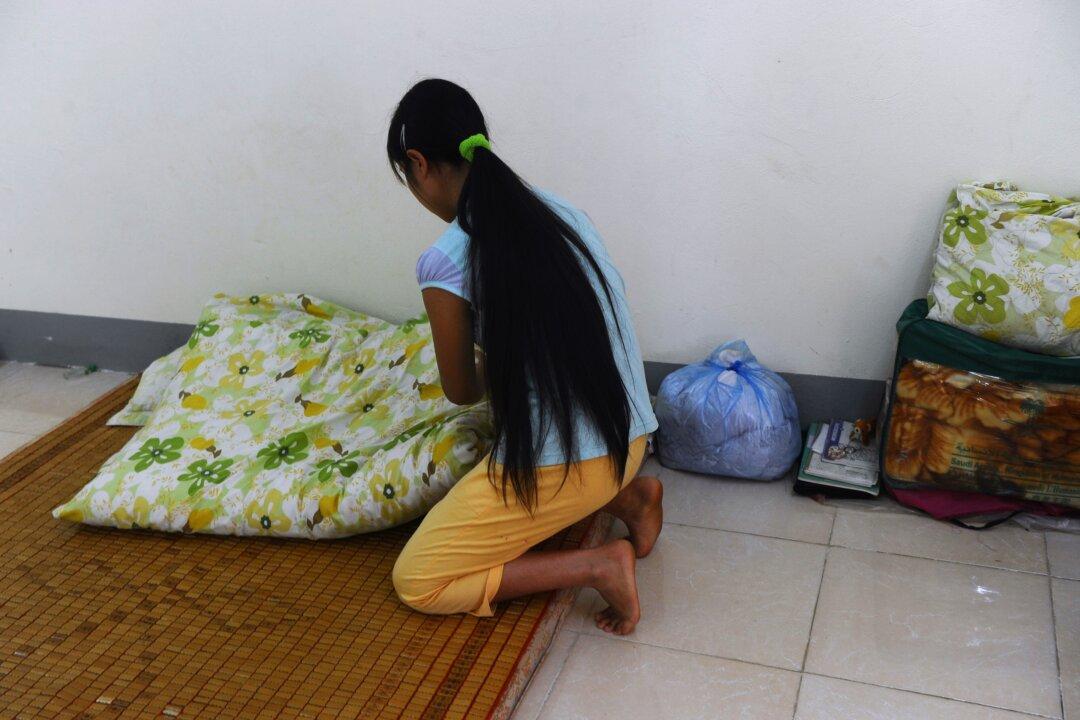Dozens of villagers in southeastern China were in for a rude shock on when their Vietnamese wives, some pregnant, disappeared in a coordinated escape.
All of the women, who had been bought into marriage for thousands of dollars, had been with their husbands for half a year or less, the state-run Quanzhou Evening News reports. One had been married for less than a month. Most could speak Mandarin Chinese.
Fang Shaojun, a 29-year-old man living in the village of Zhongxin, had paid 50,000 yuan (about $7,000) to the broker to marry his wife Ruan Xiaoyan (her Chinese assumed name) last November.
“My wife knew Mandarin but not the local [Fujianese] dialect,” Fang told Quanzhou Evening News. “I’ve seen her identification, but it was in Vietnamese so I couldn’t read it.”
He says his wife was hardworking and gave absolutely no indication of wanting to leave him. She made her move at lunch, saying that she wanted to go visit a Vietnamese girlfriend in the same county.
Soon thereafter, Fang got a call from a friend informing him that his wife, as well as many others had disappeared.
Ruan, like the other women, are illegal immigrants. Vietnamese in China as brides often come in search of work to escape poverty in their home country, while their prospective husbands are typically rural Chinese at the bottom of the socioeconomic ladder. The marriages are not legally binding—Fang and Ruan did not even carry out a ceremony.




